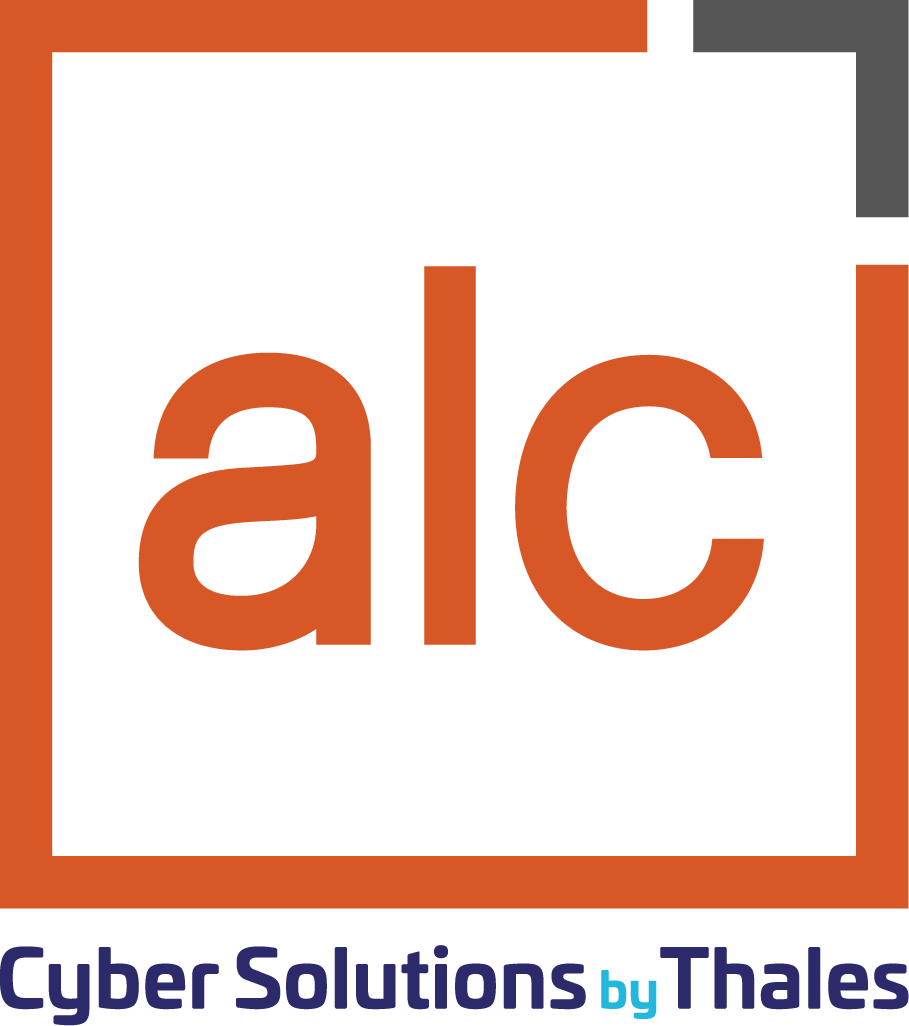Did you know that since the 1940’s, the United Nations, regard privacy as a fundamental human right? With that in mind, please read on …
A recent news article published on news.com.au, titled “Trump campaign allegedly tricked supporters into making recurring donations throughout 2020”, highlighted how supporters did not realise they were signing up for recurring donations as many of the fine-print options in the online form were pre-filled. This is known as implied consent. Informed consent is the opposite of this; if voters knowingly had to tick a box to commit to this, they would have read through the terms and conditions. Once this was discovered the campaign refunded money when asked, but the dirty tactic was complete – enough money was raised to compete with the Democrats for the 2020 election!
The article has highlighted how respect for our privacy truly has eroded over the years; we are endlessly tracked via cookies, online behavioural analysis (OBA) beacons, and many more forms simply have pre-filled options in favour of the organisation requesting the information. The onus is very much on the end user to spend time reading all of the terms and conditions. There are, however, glimmers of hope that all is not lost.
European Union privacy regulations have always been a hard act to follow; the former EU Data Protection Directive (DPD) was replaced in 2018 by the General Data Protection Directive (GDPR) after a Spanish citizen took offence about erroneous information held about him in Google Cache; this resulted in the principle “The Right to be Forgotten”. And in July 2020, the EU Court of Justice ruled in favour of an Austrian citizen, who did not want their data stored in the United States, resulting in the EU-US Privacy Shield being overturned.
It was really refreshing overnight to see the latest announcement from Apple, giving it to another American tech giant, Facebook. With the upcoming release of iOS 14.5, a subtle change will force software developers to alert the end user about their data being traded and passed on to data mining giants. Of course, Facebook detests this move, because they rely upon end users not being in the know at all.
Apple’s subtle marketing differentiator began in 2020, when they started an advertising campaign focusing on respect for privacy. This is, in my opinion, going to be huge. People who buy Android devices do not realise that their data is being mined on a tremendously large scale by Google, who write the Android software. Of course, Google will come out and state that the end user has complete control and can turn off these options, but it is the very nature of setting this as a default option that will come back to bite them.
If you are an Android user who values their privacy and are OK to hack your own phone, please feel free to look at LineageOS, CopperheadOS, GrapheneOS, Replicant, SailfishOS and many others.
With web browsers, several years ago, I decided to fight back, and I always use a browser that allows extensions to block or limit tracking, and I have been using Duck Duck Go (see my blog on this here) as my search engine, without any issues for many years.
A colleague at ALC recommended using Firefox, and more recently, put me onto a nice new browser called Brave; this is a mixture of being light and simple with the speed of Google Chrome and the privacy that Firefox is renowned for. And it has Duck Duck Go built in!
If you are interested in learning more about privacy, please look at the array of courses (see our Privacy Portfolio here) we have on offer from the International Association of Privacy Professionals (IAPP), and more recently, the ISACA certification, Certified Data Privacy Solutions Engineer (CDPSE), which ALC will also be offering as a training course in the future.

